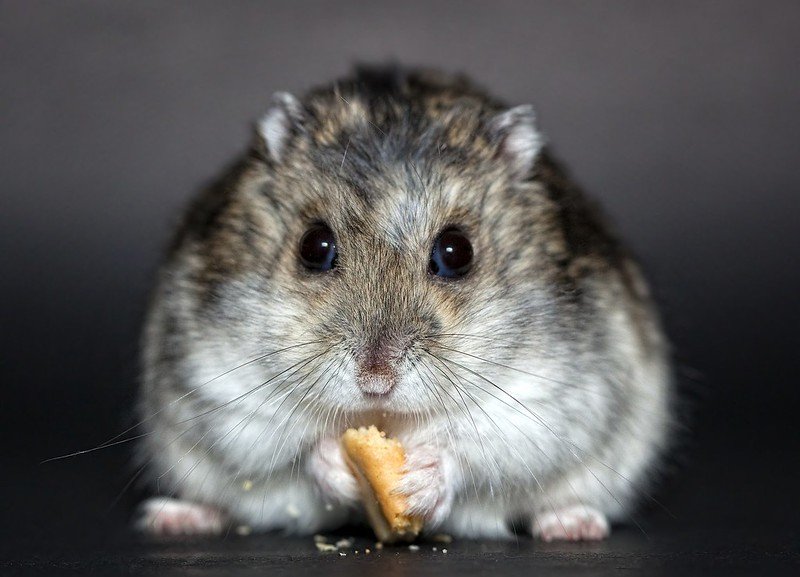Hamsters are adorable little creatures that make great pets. If you’re a hamster owner or considering getting one, it’s important to understand their dietary needs. One common question that often comes up is whether hamsters are lactose intolerant.
Unlike humans, hamsters are lactose intolerant. This means that they lack the necessary enzymes to break down lactose, the sugar found in milk and dairy products. Feeding your hamster dairy products can lead to digestive issues, including diarrhea and bloating.
While hamsters cannot tolerate lactose, it’s essential to provide them with a balanced diet that meets their nutritional needs. Hamsters are omnivores, which means they eat both plant-based and animal-based foods. Their diet should primarily consist of high-quality hamster pellets that are specifically formulated to meet their dietary requirements.
In addition to pellets, you can also offer your hamster a variety of fresh fruits and vegetables as treats. These should be given in small quantities to avoid overfeeding. Some safe options include carrots, apples, cucumbers, and broccoli.
It’s crucial to avoid feeding your hamster any foods that are toxic to them, such as chocolate, onions, garlic, and citrus fruits. These can be harmful and even fatal to your furry friend.
Remember, hamsters have delicate digestive systems, and sudden changes in their diet can upset their stomachs. If you’re introducing new foods, do so gradually to allow their bodies to adjust.
In conclusion, hamsters are lactose intolerant, and feeding them dairy products can lead to digestive issues. Stick to a balanced diet of hamster pellets and offer small amounts of fresh fruits and vegetables as treats. By providing your hamster with the right diet, you’ll ensure they stay healthy and happy.


Leave a Reply